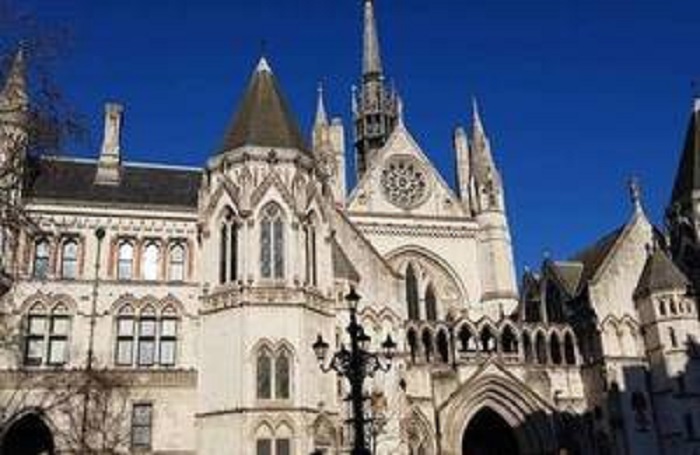Today marks 30 years since the start of the scheme, which allows some Crown Court sentences to be reconsidered at the Court of Appeal
Today, 1st February, marks 30 years since the introduction of the Unduly Lenient Sentence (ULS) scheme.
The scheme was launched in 1989 following public outcry over a series of controversial sentencing decisions, including the 1986 ‘Ealing vicarage rape’ case where 21 year old Jill Saward was raped by burglars at her father’s vicarage.
The first ever ULS hearing took place in July 1989. In this case, a man who committed incest on his daughter had his sentence doubled from 3 to 6 years in prison.
In the 30 years since the scheme began, the scheme has helped hundreds of victims and their families get justice, with 137 criminals having their sentences increased under the ULS scheme in 2017 alone. In addition, rising public awareness of the scheme has meant that the Attorney General’s Office has seen an exponential increase in the number of requests received every year, with 943 received in 2017.
Back in 1989, the offences most frequently referred to the Law Officers were robbery, GBH, causing death by reckless driving or careless driving while under the influence, rape, and manslaughter. In 2017, they were rape and serious sexual offences; murder, manslaughter, and causing death by dangerous driving; robbery, burglary, theft and fraud; and serious assault offences.
The scheme has also been expanded over the last 30 years to include all serious sexual offences, threats to kill, child cruelty, people trafficking and modern slavery, and many racially and religiously aggravated offences. The scheme was last extended in December 2017 to cover a range of terror-related offences.
Commenting on the milestone, Solicitor General Robert Buckland QC MP said:
For 30 years, the ULS scheme has offered people the opportunity to request the review of what they see as sentencing errors. This has brought comfort to many victims of crime and their loved ones.
I want to thank everyone involved in the scheme, from those who refer sentences to the Law Officers, to the Court of Appeal who then consider those cases, and everyone at the Attorney General’s Office who makes sure that the scheme operates smoothly, especially as we deal with an increasing number of cases.
A recent case presented personally by the Solicitor General was that of Joshua Gardner, the Croydon ‘zombie knife’ attacker who originally received a suspended sentence for his extreme act of violence. Earlier this week, the Court of Appeal agreed that Gardner’s sentence was too low and increased it to an immediate custodial term of 3 and a half years in a young offenders institute.
The ULS scheme allows victims of crime, prosecutors and members of the public to ask for certain Crown Court sentences to be reviewed by the Law Officers if they think the sentence is far too low. If the Law Officers consider the judge to have made a gross error in sentencing, they will then ask the Court of Appeal to review the sentence.
Only one person needs to ask for a sentence to be reviewed for it to be considered. Further requests do not lend any extra weight as the decision to refer a sentence as too low can only be based on the legal threshold.










